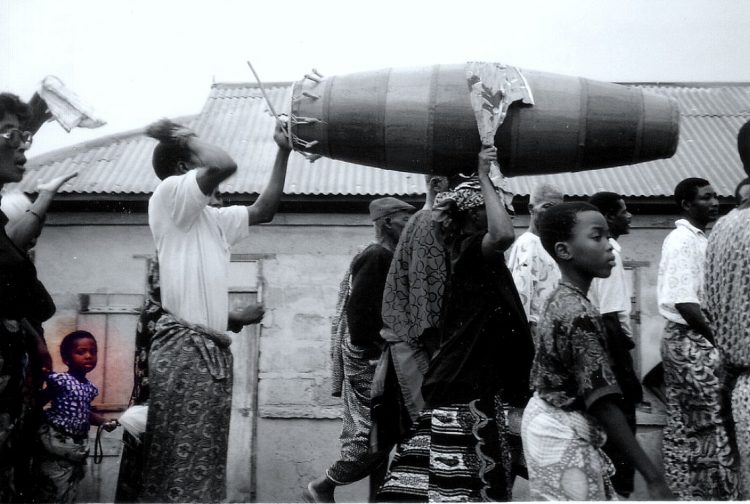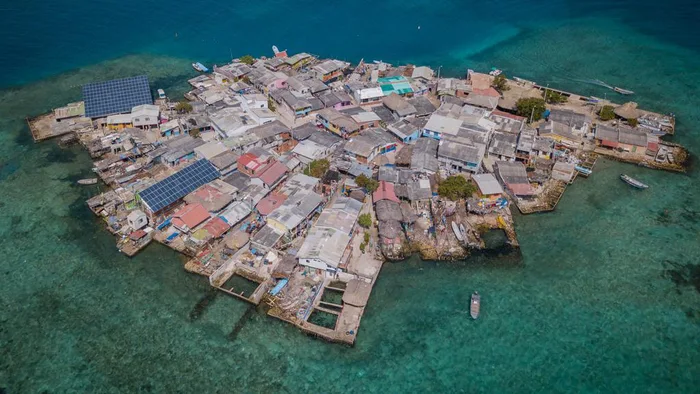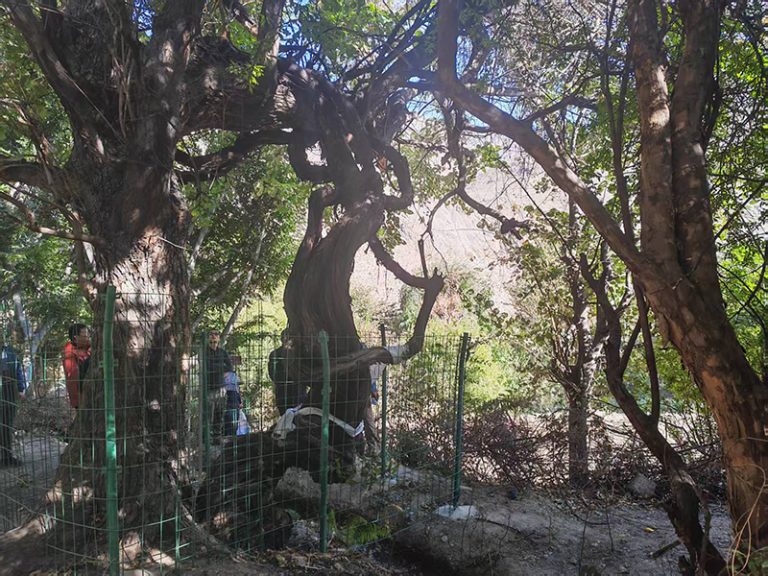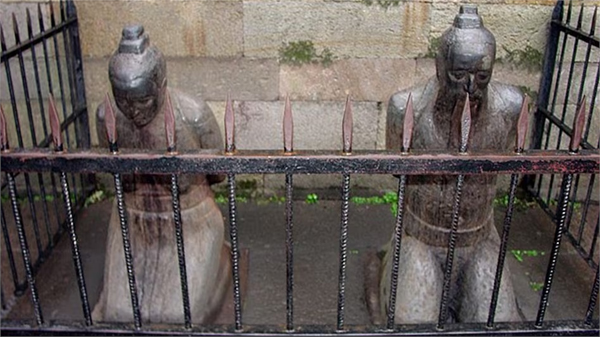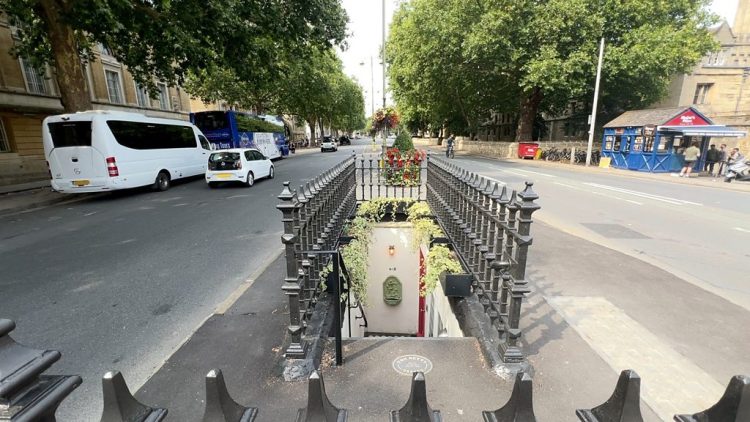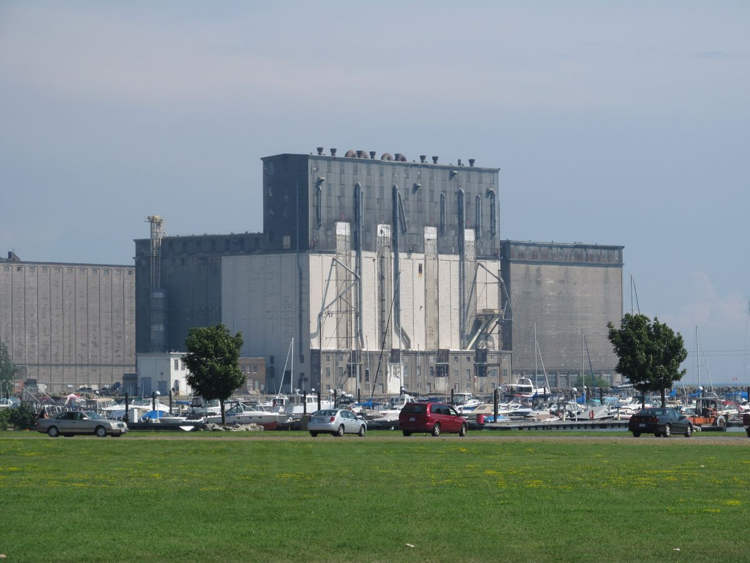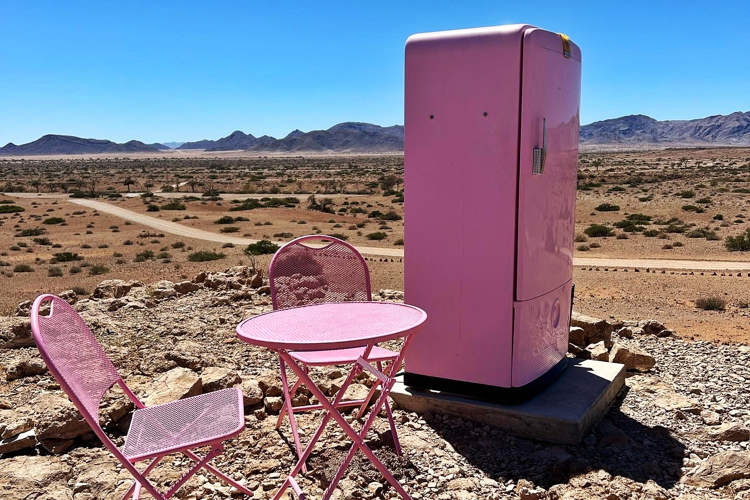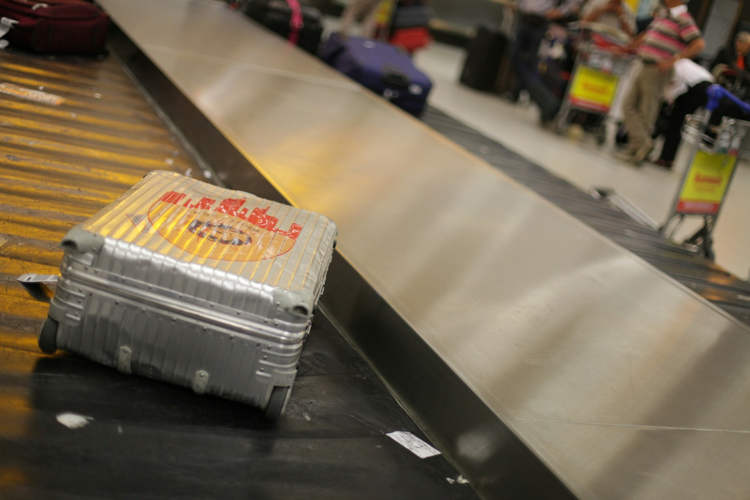In most countries, people are buried within a few days of their death, but in the African country of Ghana, burials are complicated affairs that can take months or even years to prepare. In some communities, speedy burials are considered downright sacrilegious, so despite the wishes of the deceased and their immediate family, bodies spend months frozen at the morgue before finally being laid to rest.
Ghana’s lengthy funerals are closely related to the notion of family in the African country. During one’s life, their children, spouse and parents are considered immediate family, but once they are dead, their body belongs to the extended family in which they were born. In many cases this includes distant relatives that the deceased hand’t even spoken to in decades, but that makes no difference. They get a say in how, where and when the deceased is buried, and whatever instructions they left regarding this aspect, or whatever they asked their close family to do, is meaningless unless the extended family agrees to the terms.
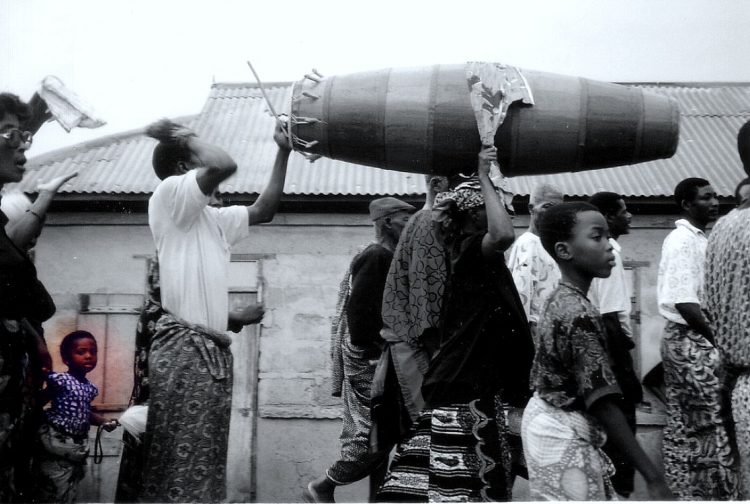
Photo: flippinyank/Flickr
Ghanaian journalist and politician Elizabeth Ohene has been speaking about the lunacy of keeping dead bodies in the morgue for months, sometimes years, for a very long time, hoping to raise awareness about the issue, but so far her efforts have not been very successful. Just last week, national news agencies presented the case of a chief who had died six years ago, and whose body was still frozen in the morgue because his extended family couldn’t decided who the “chief mourner” should be. It didn’t generate too much attention, because such cases are pretty common in Ghana.
Sometimes it’s deciding who the chief mourner will be at the funeral, other times it’s the design of the elaborate coffin for which Ghana is famous all over the world, the place where the body is to be buried, or simply waiting for relatives from all corners of the world to arrive for the funeral. The reasons for delaying the burial are virtually infinite, because it’s just impossible for the extended family to agree on a course of action. That’s why Ohene believes that the only solution is to only make the immediate family of the deceased responsible for the burial.
In a way, however, the immediate family is responsible for the burial. Custom demands that children settle the bills for their parents’ burial, but when it comes to deciding what happens to the body and when, they have absolutely no say. It also doesn’t matter if you’ve been married to someone for over 50 years, once they die, their body belongs to the extended family in which they were born. It’s a nightmare and one with no end in sight.

Photo: Regula Tschumi/Wikimedia Commons
But family disputes are just half the problem. Sometimes funerals are delayed by all the complicated preparations Ghanaians take so seriously. The house of the deceased has to be restored or demolished and rebuilt from the ground up to make it worthy of a spectacular burial. Getting the list of mourners in the right order is also a lengthy affair, as is the writing of the obituary. If the family wants certain important people to attend the funeral, they have to negotiate a date when they are all free.
“This weekend, I was at the funeral of a famous industrialist and politician, Nana Akenten Appiah-Menka,” Elizabeth Ohene recently wrote in an article for the BBC. “His funeral brochure is a 226-page glossy production of photographs and tributes covering his life time of 84 years. That takes time to compile.”
And then there’s the stigma associated with speedy burials. Ohene herself managed to have her 90-year-old mother buried three weeks after her death, and that was – and still is – considered a sacrilege by the people of her village. They consider it a lack of respect.

Photo: Dan Sloan/Flickr
Having studied the phenomenon of Ghanaian burials for so long, Elizabeth Ohene seems to have identified the main cause of the problem – refrigeration.
“Before mortuaries became popular in this country, we buried our dead within two to three days and then set a date for the final funeral rites. Now the regular period in which a dead body is kept in the mortuary before being buried ranges from three to six months,” the journalist wrote. “I am blaming the Ghanaian funeral madness on refrigeration. Without fridges, we would not be able to keep bodies for the ludicrously long periods we currently do.”

